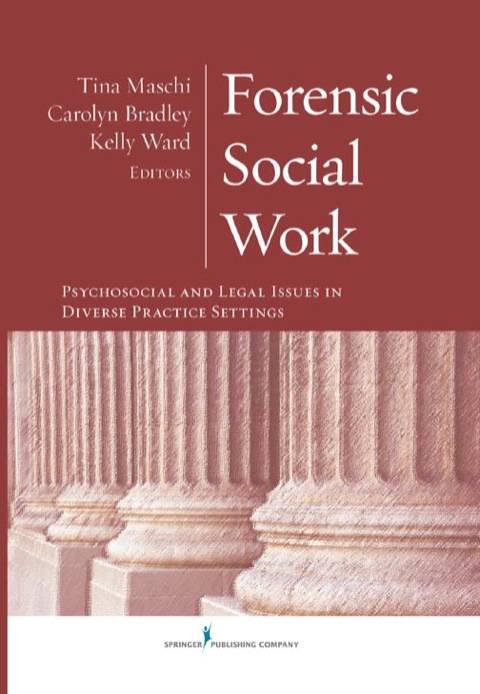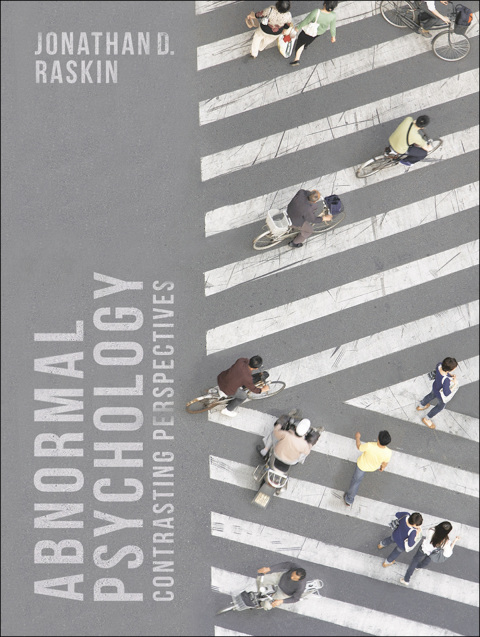Description
Efnisyfirlit
- Contents
- About the Editors
- Contributors
- Preface
- Acknowledgments
- I: Overview of Collaborative Forensic Practice
- Chapter 1 Defining Collaborative Forensic Social Work With Diverse Populations
- Chapter 2 A History of Forensic Social Work in the United States
- Chapter 3 Visualizing Forensic Social Work and Collaborative Practice: A Social Justice Systems Appr
- Chapter 4 Understanding Civil and Criminal Law
- Chapter 5 From Intervention Roles to Multidisciplinary Practice
- II: Forensic Practice in Family and Social Services
- Chapter 6 The Family and Social Work Practice
- Chapter 7 Social Services: Meeting Basic Human Needs of Income, Food, and Shelter
- Chapter 8 Assisting Female Victims of Intimate Partner Violence: The Role of Victim Advocates
- Chapter 9 Forensic Practice With Older Adult Victims of Abuse
- III: Forensic Practice in Education
- Chapter 10 Education, Social Work, and the Law
- Chapter 11 Building Bridges: School Reentry of Incarcerated Juveniles
- IV: Forensic Practice in Child Welfare
- Chapter 12 Child Welfare
- Chapter 13 Forensic Interviewing for Child Sexual Abuse
- V: Forensic Practice in Mental Health and Substance Abuse
- Chapter 14 Mental Health and Addictions: Legal and Ethical Issues for Practice
- Chapter 15 “Order in the Drug Court”: Understanding the Intersection of Substance Abuse and Law
- Chapter 16 Women at Risk: Legal Involvement Among Mothers in Addiction Treatment
- Chapter 17 Suicide-Prevention Programming in the Jail Setting
- VI: Forensic Practice in Juvenile and Criminal Justice
- Chapter 18 Juvenile Justice and Social Work
- Chapter 19 Prisons as a Practice Setting
- Chapter 20 Reentry in the Twenty-First Century
- Chapter 21 The Disproportionate Legislative Waiver of Minority Youth Into the Criminal Justice Syste
- Chapter 22 Restorative Justice: What Social Workers Need to Know
- VII: Diversity, Human Rights, and Immigration
- Chapter 23 Human Rights: Some Implications for Social Work
- Chapter 24 Calling Some “Illegal”: Practice Considerations in Work With Undocumented Immigrants
- Chapter 25 Collaborative Forensic Social Work With Refugees
- Chapter 26 Human Rights Issues and Research With Prisoners and Other Vulnerable Populations: Where D
- Appendices
- Appendix A: Strengths-Based Psychosocial Assessment (Child Welfare and Community Populations and Set
- Appendix B: Rapid Psychosocial Assessment
- Appendix C: Psychiatric Evaluation Example
- Appendix D: Forensic Interviewing Best Practices Example
- Appendix E: Multidisciplinary Example: NJ Anti-Trafficking Coalition
- Index
- A
- B
- C
- D
- E
- F
- G
- H
- I
- J
- L
- M
- N
- O
- P
- Q
- R
- S
- T
- U
- V
- W







Reviews
There are no reviews yet.